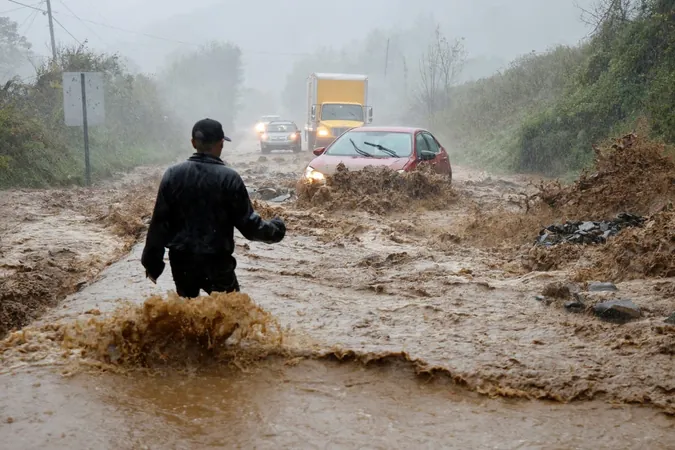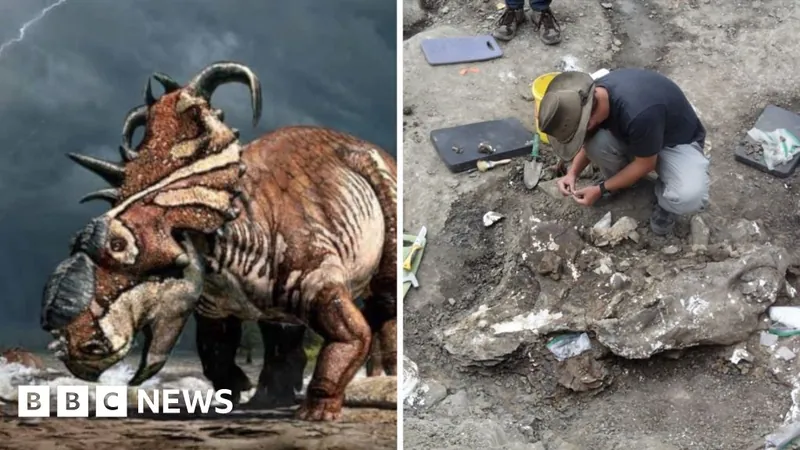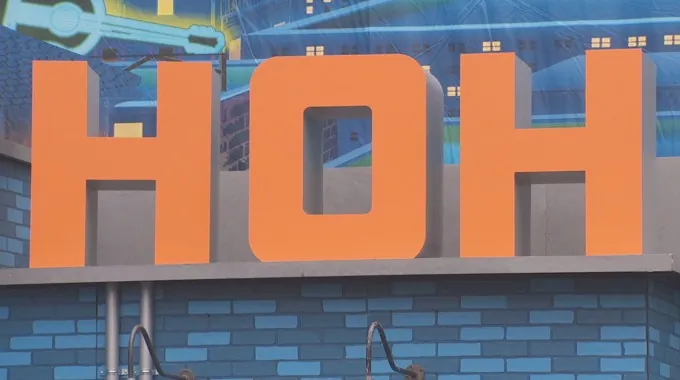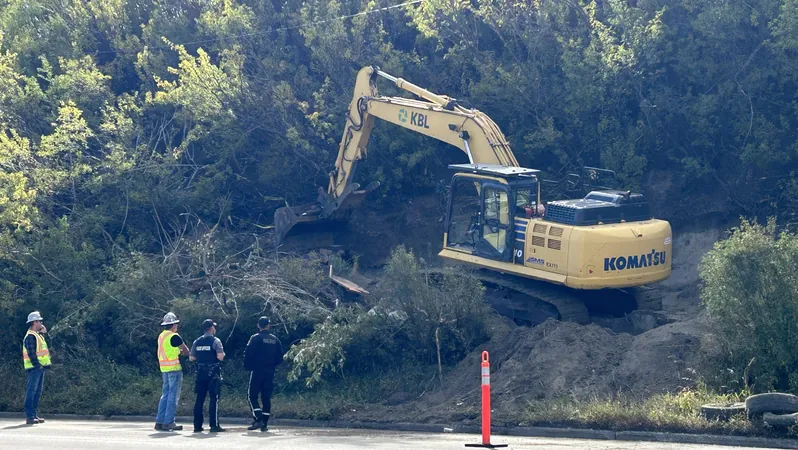
Escalation in Lebanon: What is Israel’s Endgame?
2024-09-24
Introduction
Israeli Prime Minister Benjamin Netanyahu recently stated that the ongoing escalation in Lebanon is crucial for 'defending our people against Hezbollah.' He emphasized the need to neutralize the group’s arsenal to ensure the safe return of residents in Israel's northern communities, many of whom were forced to evacuate nearly a year ago due to increasing tensions and cross-border shelling by the Iran-backed Hezbollah militia.
Hezbollah's Position and the Broader Context
Hezbollah, regarded as a terrorist organization by the United States, Germany, and others, has portrayed its actions as support for Hamas, especially following the violent incidents on October 7, 2023, when Hamas militants launched an attack that resulted in significant casualties and kidnappings. Reports indicate that approximately 1,150 people died, while around 250 were taken hostage during this brutal offensive.
The Human Cost
The toll of conflict extends beyond Gaza, with Lebanon witnessing rising casualties as a result of Israel's recent military operations. With about 500 lives lost and thousands injured due to Israeli strikes targeting Hezbollah positions and leadership, the European Union’s foreign affairs chief, Josep Borrell, has termed the current situation as nearing 'almost full-fledged war.'
Israel's Strategic Goals
Sanam Vakil, director of the Middle East and North Africa Program at Chatham House, indicates that Israel's military actions are driven by more than just immediate defense needs. She posits that one of Israel's goals is to separate the Hezbollah and Gaza operations, as ongoing conflict in Gaza hampers Israel's ability to negotiate peace with Hezbollah.
The Axis of Resistance
Since the outbreak of violence on October 7, various factions, including the Iran-allied Axis of Resistance (which includes Hezbollah and Hamas), have consolidated their efforts against Israel, posing a unified front that seeks to challenge Israeli interests.
Historical Context
The long shadow of the Second Lebanon War, fought in 2006, still looms large in Israeli security assessments. That conflict ended with UN Resolution 1701, which called for an immediate cease-fire and the withdrawal of forces. However, Hezbollah has not disarmed nor vacated the region, instead strengthening its military capability with Iranian support, raising fears of potential future abductions of Israeli citizens.
Potential Distractions from Gaza
Moreover, Israeli operations in Lebanon might serve as a diversion from the ongoing struggles in Gaza. With an absence of a clear strategy for Gaza, including the plight of over 90 hostages still held by Hamas, the spotlight has shifted to Lebanon. Analysts argue that this shift is a convenient distraction from internal issues plaguing Israel’s government, particularly the pressures mounting on Netanyahu to negotiate a cease-fire and secure hostages' return.
Risks of Ground Invasion
As public impatience mounts within Israel, a potential ground invasion into Lebanon looms as a risky but possible strategy for the Israeli government, aimed at ensuring the security of northern Israel. However, the implications of such an escalation could lead to complex and unpredictable repercussions, especially concerning Iran’s potential reactions if Hezbollah were to face significant military defeat.
Conclusion
With the situation evolving rapidly, the international community remains watchful, and the coming weeks could hold critical consequences for the continued tensions between Israel, Hezbollah, and Hamas. Will Israel's military strategy lead to long-term security solutions, or will it escalate into wider conflict across the region? Only time will tell.









 Brasil (PT)
Brasil (PT)
 Canada (EN)
Canada (EN)
 Chile (ES)
Chile (ES)
 España (ES)
España (ES)
 France (FR)
France (FR)
 Hong Kong (EN)
Hong Kong (EN)
 Italia (IT)
Italia (IT)
 日本 (JA)
日本 (JA)
 Magyarország (HU)
Magyarország (HU)
 Norge (NO)
Norge (NO)
 Polska (PL)
Polska (PL)
 Schweiz (DE)
Schweiz (DE)
 Singapore (EN)
Singapore (EN)
 Sverige (SV)
Sverige (SV)
 Suomi (FI)
Suomi (FI)
 Türkiye (TR)
Türkiye (TR)